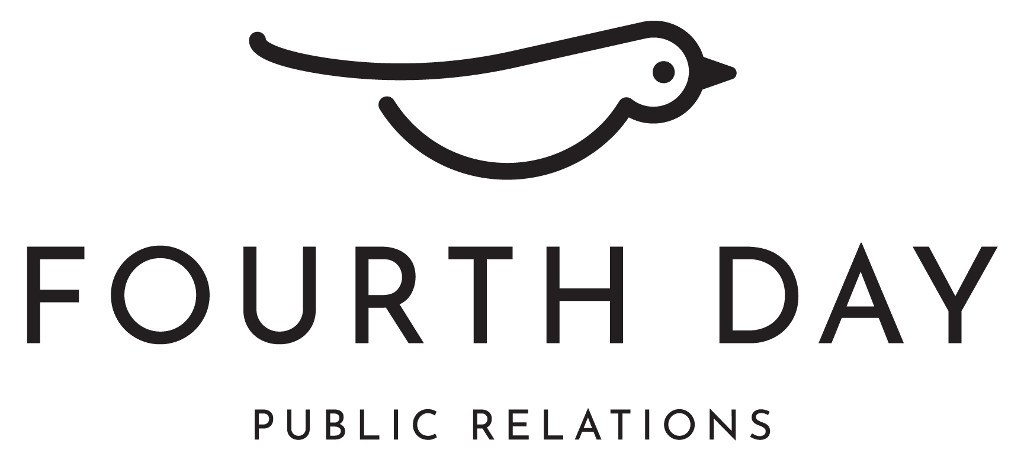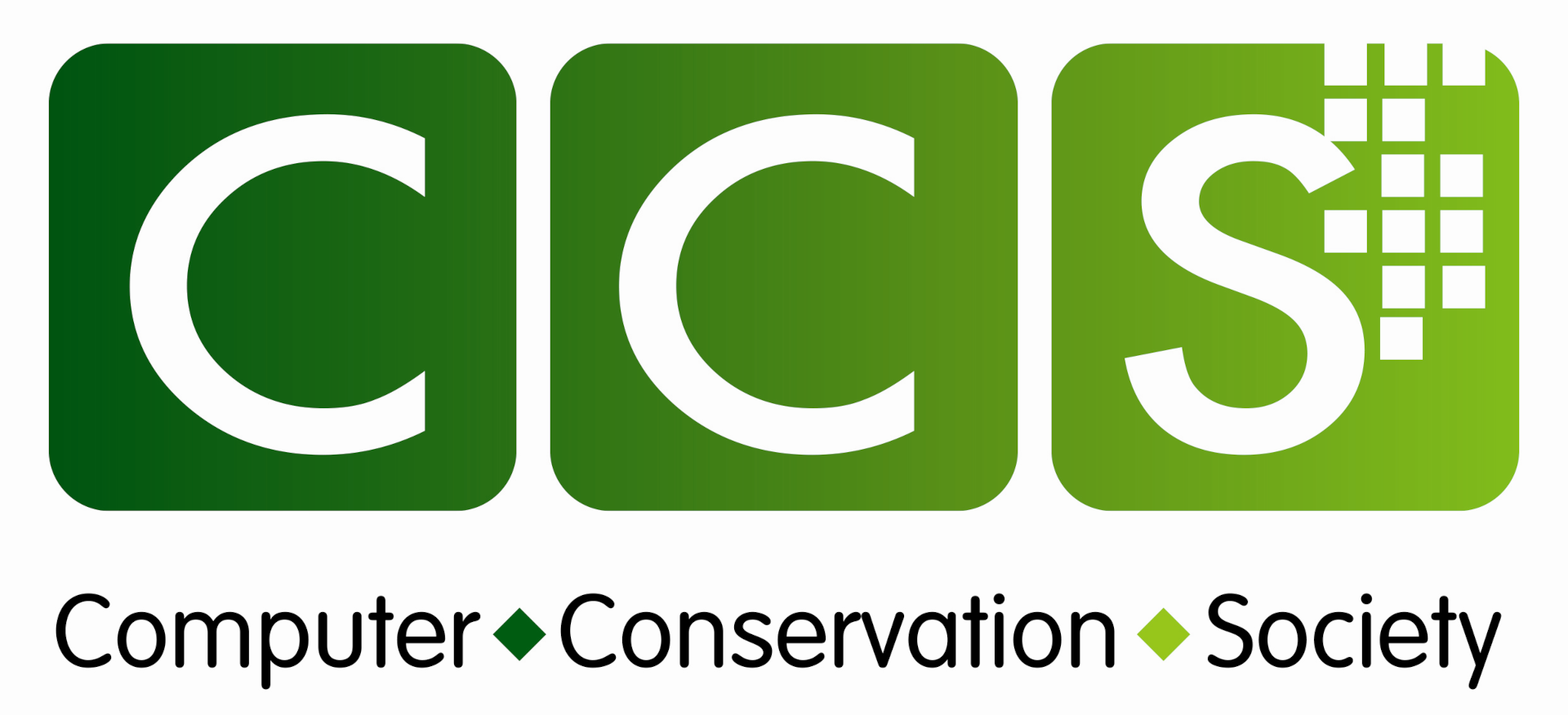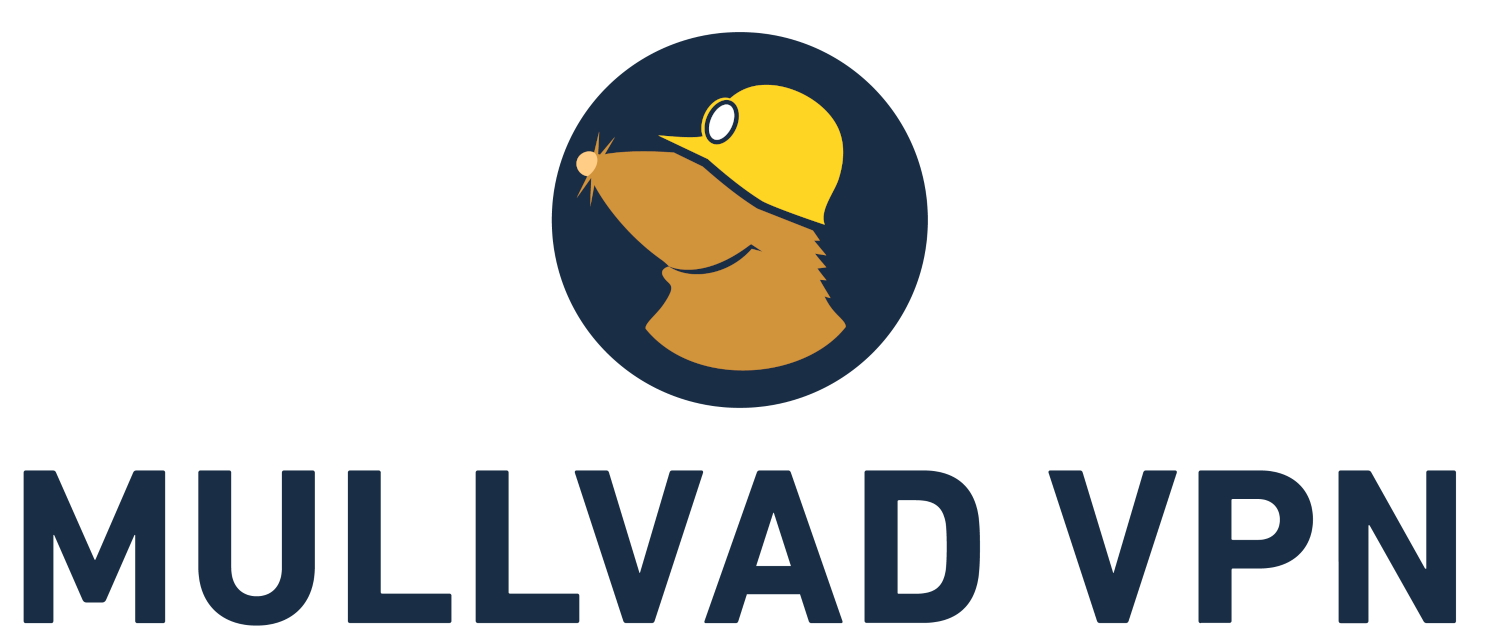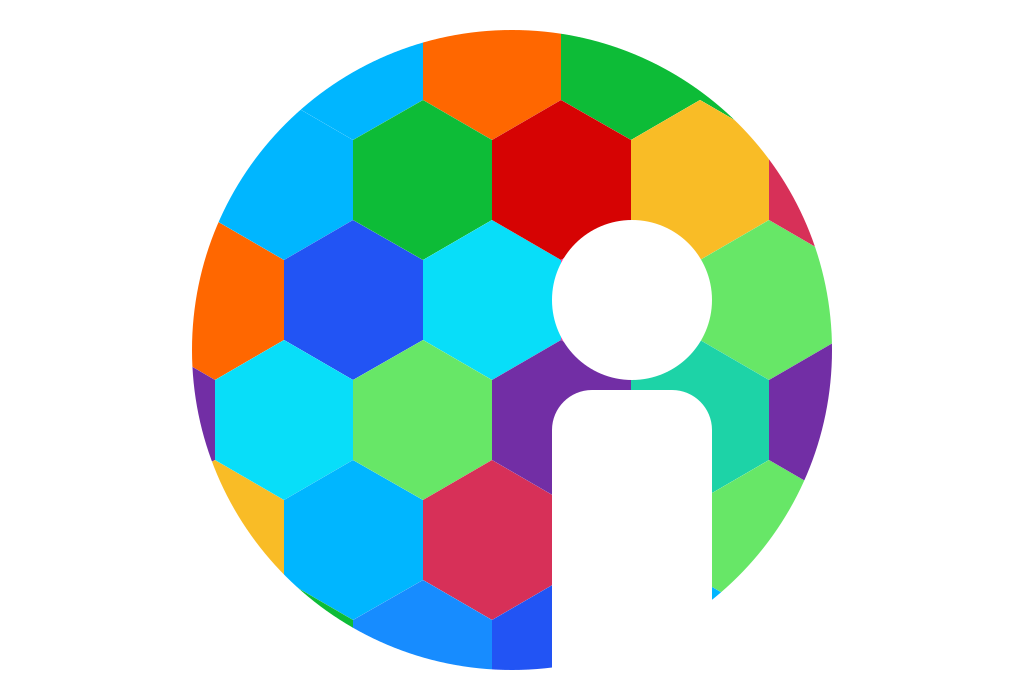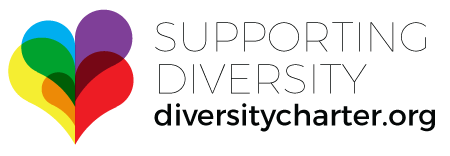Fantastic speakers, fascinating insights and amazing stories.
Science, Software, Design, Hardware & You!
-
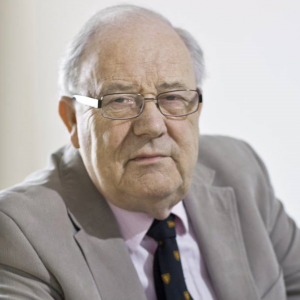
Dr David Hartley FBCS
Dr David Hartley FBCS is a computer scientist and Fellow of Clare College, Cambridge. He was Director of the University of Cambridge Computing Service from 1970–1994, Chief Executive of United Kingdom Joint Academic Network (JANET) 1994–1997, and Executive Director of Cambridge Crystallographic Data Centre (CCDC) 1997–2002.
He was involved in the development of the programming language CPL, whose influence can be traced on to C, and C++. He was president of the British Computer Society from 1999 to 2000 and chairman of the Computer Conservation Society from 2007 to 2011.
Dr Hartley was born in Halifax and raised in Mytholmroyd.
-
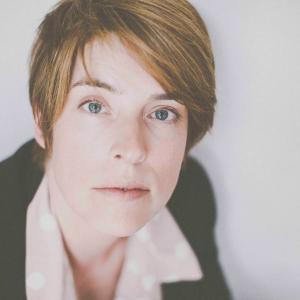
Caroline Gorski
Caroline Gorski is a commercial technologist, strategist and story-teller. She is currently the Head of Internet of Things at the Digital Catapult.
The Digital Catapult works to accelerate UK competitiveness in the digital economy. As Head of Internet of Things (IoT) Caroline and her team develop and drive innovation in the IoT. She is responsible for overseeing the IoTUK programme and seeks to advance the UK’s global leadership in IoT and increase the adoption of high quality IoT technologies.
Previously, Caroline was Head of Business Development - Internet of Things for Telefonica UK and Managing Partner for Telefonica UK’s Retail and Leisure practice, delivering transformational mobility and customer engagement technologies into businesses like Argos, JLP, McDonalds and Whitbread. She has worked as a Strategy Consultant with clients in the Leisure, Financial Services, Media and FMCG sectors, helping them to develop products and strategies that embrace digital possibilities in new and existing markets. She began her career in technology consulting at Forrester Research, working with Global 2500 clients to help them to use technology to transform their businesses.
She has an MA in Modern History and English Literature from the University of Oxford, which is a peculiar qualification for a career in technology. But it does help with the story-telling.
-
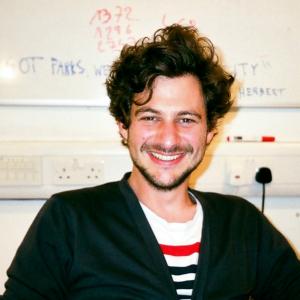
Ian Drysdale
Ian Drysdale is a product manager at Co-op Digital. He spends his days down the product invention mines, crafting ambitious businesses where co-operation is a competitive advantage. He firmly believes technology should work for people and their communities, not against them.
Previously Ian was with GoodGym, a community of runners that combines getting fit with doing good. He led the technical work that got it running all over the UK.
-
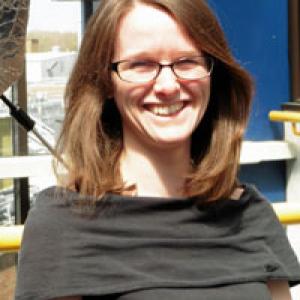
Katie Hassell
Originally from Giggleswick, Katie Hassell studied Physics at The University of Warwick. After a few years in the administrative wilderness, she completed a Masters in Aerospace Engineering, before becoming a Spacecraft Thermal Engineer. Over the last six years she has been lucky enough to work on a whole range of missions, including: EarthCARE, Solar Orbiter, LISA Pathfinder, Biomass and PLATO.
-
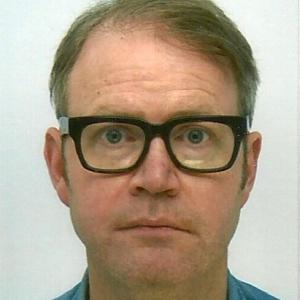
Ross Dalziel
Ross Dalziel is an artist who sets up activity, events and make systems to explore how knowledge is produced and shared. He likes to play with how knowledge is produced; who makes it, receives it, where they make it and how. His practice is inter-disciplinary and collaborative, responding to site and context, taking on roles of curator / collaborator / creative producer / consultant / facilitator / maker / citizen scientist / artist / educator / developer as appropriate.
-
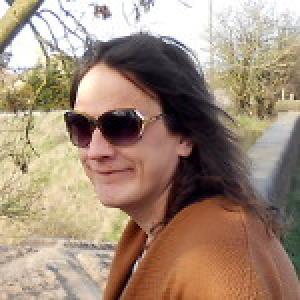
Jenny List
Jenny List is an electronic engineer and technical writer who spent a long career in electronic publishing from CD-ROMs to dictionaries before breaking out and forming her own hardware business, and writing about hardware as a contributing editor for Hackaday.com.
-
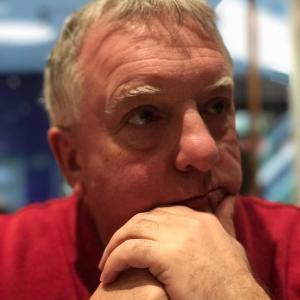
Kevin Murrell
Kevin Murrell is one of the founders of The National Museum of Computing based at Bletchley Park. As a trustee, he is primarily responsible for the museum finances, but still makes time to fix PDP8s – his not so secret passion! During the day, Kevin is Technical Director of a small software house producing systems for the health service world-wide.
-
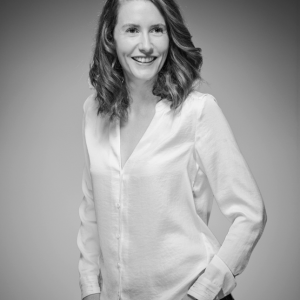
Dr Suzie Sheehy
Dr Suzie Sheehy's research focuses on developing new particle accelerators for future applications in areas such as medicine and energy, alongside investigating the fundamental limitations of high intensity proton beams. She completed her undergraduate degree at the University of Melbourne in her native Australia and DPhil in the John Adams Institute for Accelerator Science at the University of Oxford, UK (2010). She was subsequently based at the STFC Rutherford Appleton Laboratory near Oxford first as the Brunel Fellow of the Royal Commission for the Exhibition of 1851 and then as Senior Accelerator Physicist in the ASTeC department, focusing on the design, simulation and beam dynamics of novel high power proton accelerators. Suzie is currently a researcher in the John Adams Institute at the University of Oxford, focusing on research in high power hadron beams and teaching graduate level accelerator physics in a joint appointment with STFC.
Alongside her research, Suzie has received a number of awards for the promotion and communication of science, including the British Science Association Lord Kelvin Award, Institute of Physics HEPP Group Science in Society Award and the University of Oxford Vice Chancellors Civic Award. She is an expert presenter for Impossible Engineering on Discovery Channel, and delivers high octane live headline shows for tens of thousands of students at the Big Bang Fair alongside food writer Stefan Gates. She also regularly presents invited public lectures at well-known UK festivals and venues including the Royal Institution and Institute of Physics.
-
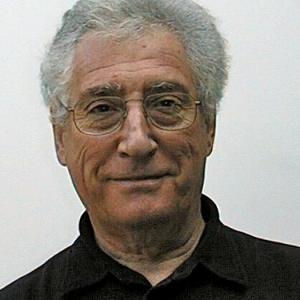
David Allen
After being Head of Science at Beaumont and Stonyhurst Colleges, David Allen joined the BBC in 1969 as an Assistant producer/director. He became producer and then executive producer of a range of programmes. As a programme maker, he was series editor of the BBC Computer Literacy Project 1982-1986 and intimately connected with the creation of the BBC Microcomputer. He received seven awards (including the New York Film Festival, Sony Innovation awards, RTS Judges Award and Times Technology Programme of the Year two years running. With BBC R&D helped evolve radio cameras and virtual studio production. When David retired he was executive producer in Production Modernisation. He is currently working with the EDSAC replica project team (with David Hartley) making progress videos and also making appeal films for the Bluebell Railway.
-
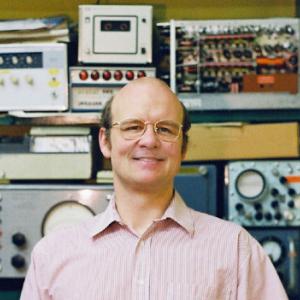
James Larsson
James Larsson is an electronics engineer and IT historian from London for whom hardware hacking is both work and play. In addition to designing electronic equipment, he lectures and broadcasts about computer history. He also regularly performs comedy science shows where advanced scientific principles are used to do ridiculous things.
-
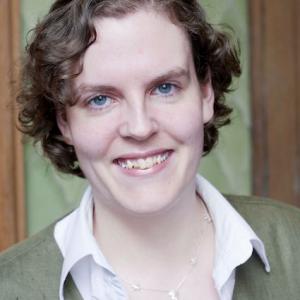
Dr Laura James (Compére)
Dr Laura James is an engineering leader who builds practical and innovative internet tech systems and organisations in diverse contexts. She is Engineering Director at Overstory, and a co-founding trustee at CoFarm.co and board chair at Now Play This.
Recent roles include CTO at the OPEN (supporting progressive campaigns around the world), Head of Delivery at lowRISC (open source silicon), and Technology Principal at Doteveryone (the responsible technology think tank). Previously Laura was CEO of Open Knowledge, and co-founded Cambridge Makespace. She has worked in technical leadership roles at humanitarian manufacturing NGO Field Ready, conversational AI startup True Knowledge/Evi (which became Alexa), and pioneering connected home startup AlertMe. Laura holds MEng and PhD degrees from the University of Cambridge, and is a Chartered Engineer.

